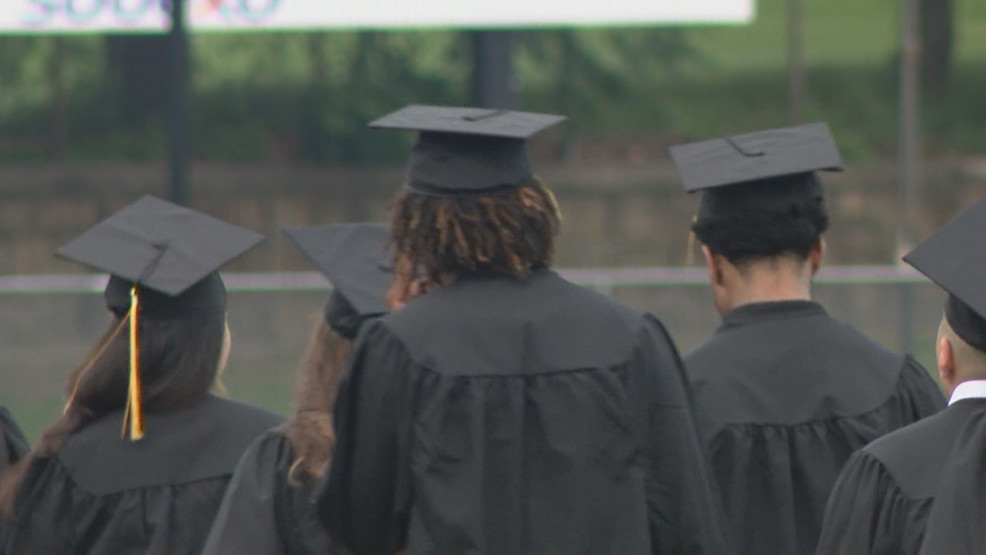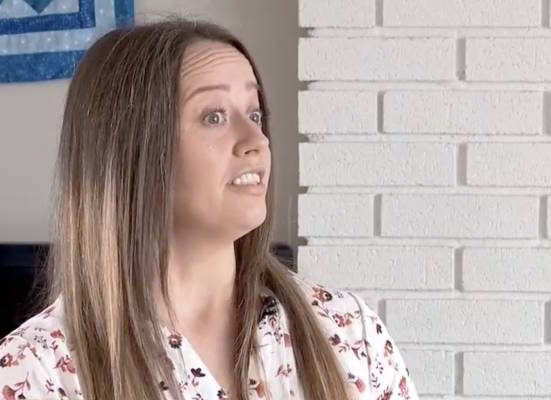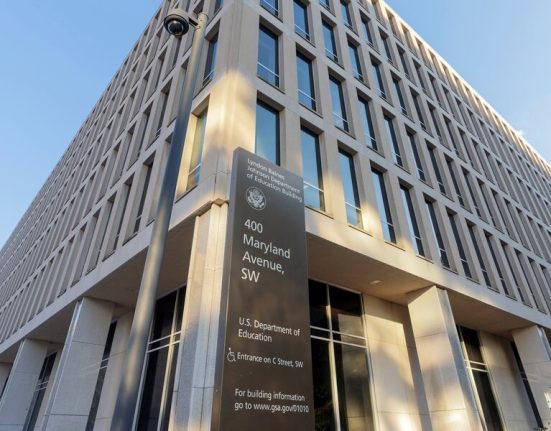(WJAR) — Big changes are coming to the way families borrow money for college following the passage of President Donald Trump’s “Big Beautiful Bill” in July.
While we won’t see any immediate changes, Director of Student Lending for AAA Northeast Don Kerr said existing borrowers and incoming freshman could see changes to the way they pay for college starting in the fall of 2026.
“These changes, combined, are going to make college more expensive for certain families,” said Kerr.
He continued, “For anybody who’s sending their child off to school, there are going to be impacts that limit what you can borrow with some of the federal loan programs.”
Kerr said one of the biggest changes will be new limits on the Parent PLUS loan.
“That’s what a lot of families or parents rely on to pay the bill,” Kerr explained about the Parent PLUS loan. “That’s going to have a cap on it of $20,000 per year, and a lifetime cap of $65,000.”
He said graduate students will also have fewer federal options.
“One of the programs called the Graduate PLUS loan program that helps doctors and lawyers and other graduate level professionals pay for college – that programs going away altogether,” said Kerr.
He said the federal government is also eliminating or reducing most of the repayment plans for grads who are facing economic hardship.
“Today, anybody, when they get into trouble, there’s a tremendous amount of safety nets available to make sure there’s a payment that they can afford or until they can get back on their feet,” explained Kerr. “What’s going to change in this bill is a lot of those things are going to go away.”
Kerr said taxes are also increasing on school endowments, meaning many colleges will have to raise tuition – or cut financial aid – to offset those tax increases.
“It will absolutely have an impact on certain groups of people being able to afford college,” says Kerr.
Bottom line: More families will soon be relying on private student loans.
Kerr says, if you think that might be you, try to get your credit score as high as possible right now. He says that’s what many private student loan providers base their eligibility and their rates off of.
You have some time, as these changes don’t go into effect until the 2026-2027 school year.







